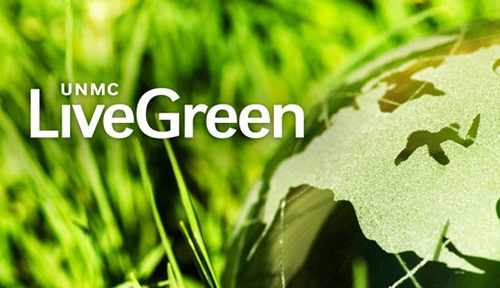Every year on Dec. 10, we observe Human Rights Day. This global day commemorates the Universal Declaration of Human Rights (UDHR) and encourages people across the world to reflect on how individuals, organizations and governments treat fellow humans.
The UDHR, which the United Nations General Assembly adopted in 1948, has been translated into more than 500 languages, serving as the most translated document in history. That's for good reason — the document affirms the inalienable rights of all human beings, regardless of race, color, religion, sex, language, place of origin or political opinion.
"Where, after all, do universal human rights begin? In small places, close to home — so close and so small that they cannot be seen on any maps of the world. … Unless these rights have meaning there, they have little meaning anywhere. Without concerted citizen action to uphold them close to home, we shall look in vain for progress in the larger world." – Eleanor Roosevelt
This year's Human Rights Day theme is "Equality." The theme amplifies Article 1 of the declaration, which states, "All human beings are born free and equal in dignity and rights." It aligns with the UN's current efforts on Leaving No One Behind: Equality and Non-Discrimination at the Heart of Sustainable Development. A collaborative call for action demonstrates the repercussions of "stirring social unrest and undermining social progress" and further asserts that equality is necessary for sustainable societies.
A parallel focus for the UN is the Rebuild Better, Fairer, Greener campaign. Rebuilding and restructuring the global economy with human rights in mind helps break poverty cycles and ensure "the right to development and the right to a safe, clean, healthy and sustainable environment." The movement further reiterates the necessity for a "new social contract which more fairly shares power, resources and opportunities and sets the foundations of a sustainable human rights-based economy."
Fundamental to rebuilding is planning for future generations. Environmental degradation disproportionately impacts communities that have historically been marginalized and exacerbates existing inequalities. Dedicating resources to human rights efforts provides perspective on the root causes of conflict and crisis. When citizens can join the conversation and participate in decision-making, the outcome is a better prepared and resilient society.
